Services we offer
We can help! Our team understands that concussion symptoms and recovery time are unique for every person. That’s why we do a comprehensive exam and develop an individualized care plan to help get you back to the activities you enjoy. What we offer can be purchased individually or as a whole package. We can even utilize your insurance benefits…we offer complimentary verification of your benefits so you know ahead of time what costs will be.
Baseline Testing Pricing
All testing includes a balance assessment, a cognitive assessment and prior history.
Single
Baseline Test
(1 person)
$39.99
per test
Team
Baseline Test
(20+ people)
$29.99
per test
Organization
Baseline Test
(100+ people)
$19.99
per test
Open Rate
Baseline Test
(for internal use only)
$-
–
What is baseline testing?
Baseline testing is a series of tests that provides an overview of a patient’s healthy brain function and balance before an injury (concussion) occurs. The baseline data results are compared when an injury occurs to diagnose and develop an effective treatment plan. Testing is a proactive measure for anyone who could potentially sustain a brain injury and should be completed every year.
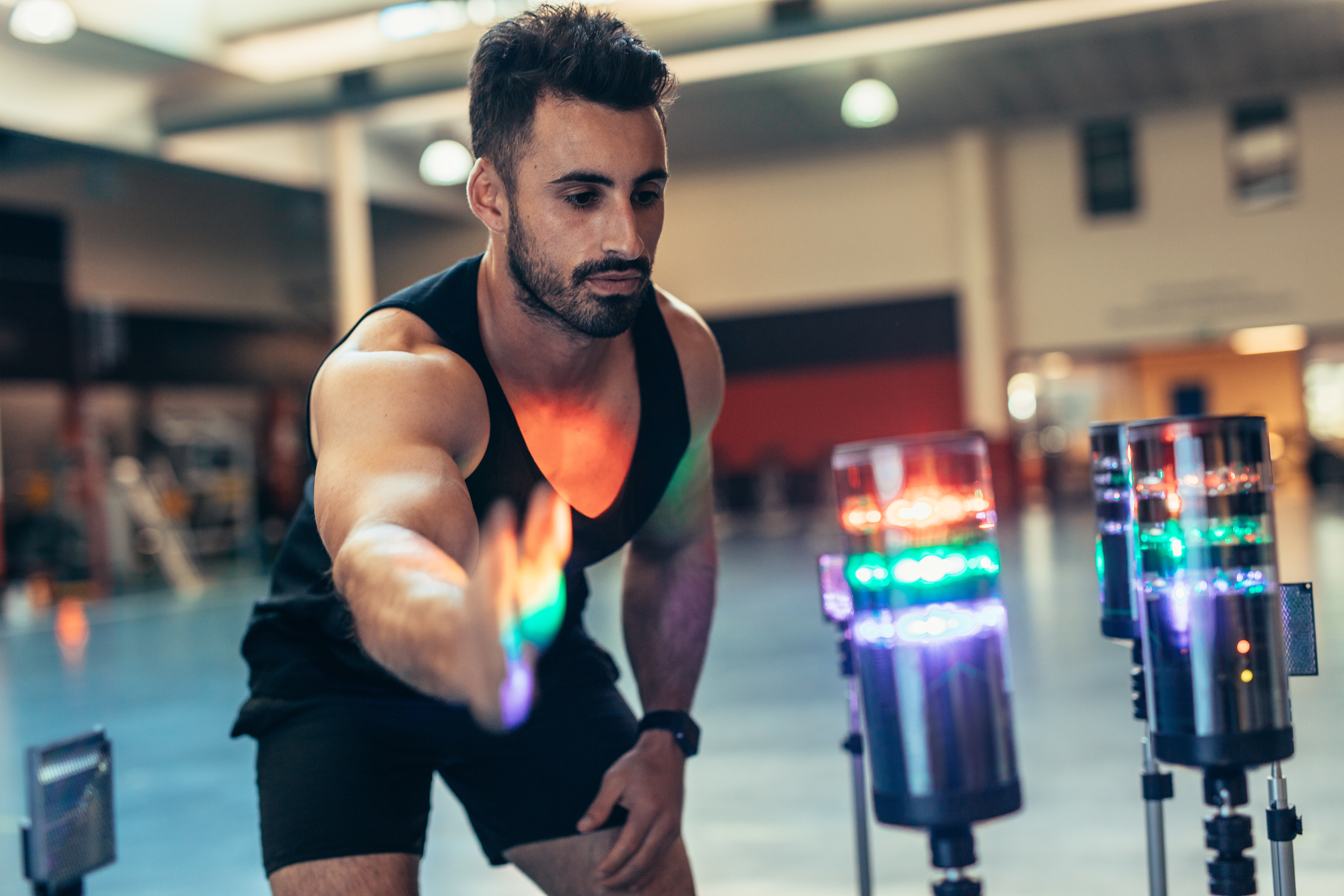
The Importance Of Baseline Testing
What is post-injury testing?
In the event an individual sustains a head injury and is at-risk for concussion, this person takes a post-injury test; the results are compared to the baseline scores and/or normative data scores by a licensed health care provider who will determine whether the individual has sustained a concussion and if/when the injured person may return-to-play. If an athlete scores substantially lower on the post-injury test than the baseline score, the athlete will not be allowed to return-to-play until the post-injury test scores return to the level of one’s baseline.
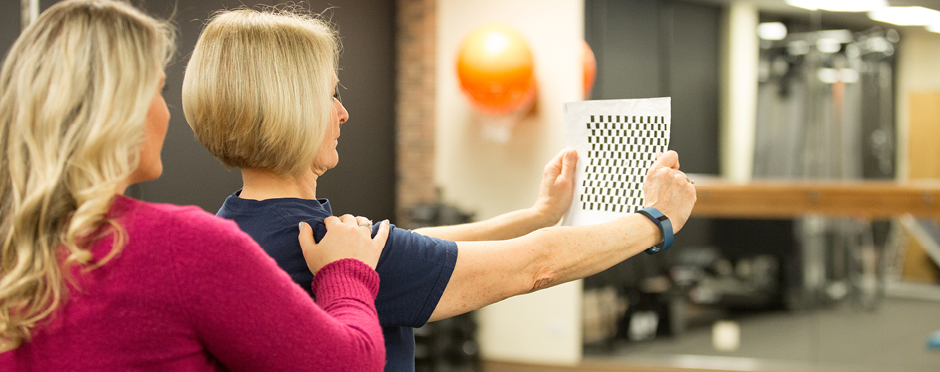
Physical Therapy
Physical therapy is necessary for a full recovery after a sports-related injury. Often injured body parts must be immobilized or rested while they heal. During the healing process, those muscles and joints get out of practice, so to speak. As part of the rehabilitation process, you need to exercise the injured area to build up strength and regain normal function. Physical therapy teaches you how to do this safely so you regain mobility efficiently and avoid further injury.
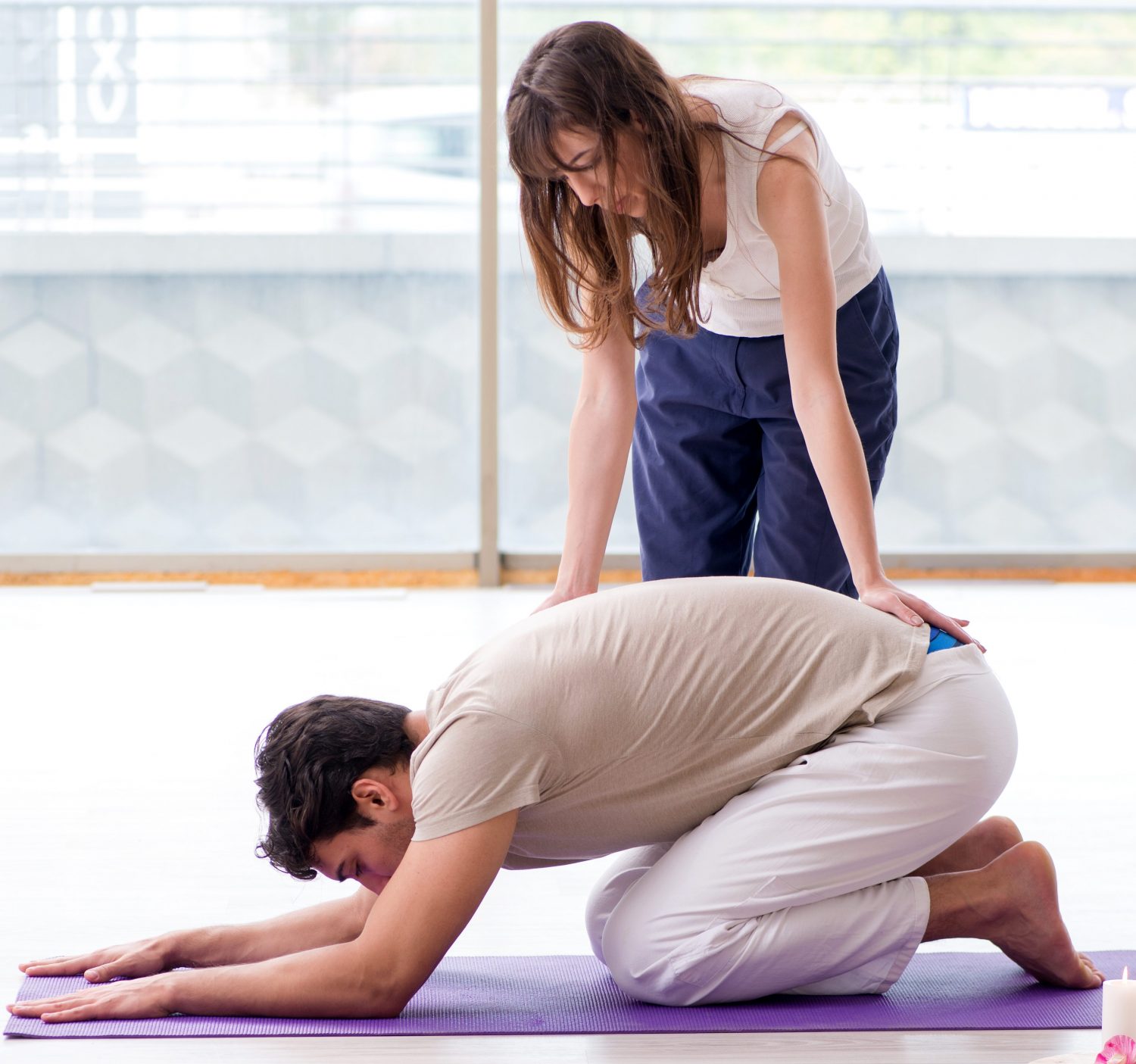
Insurances
We work with most auto, workers compensation, and major insurance companies, including the following.
If you have any questions about your insurance, please and we’d be glad to verify your insurance.


How can a Physical Therapist help?
Physical therapists can evaluate and treat many problems related to concussions. Because no 2 concussions are the same, your physical therapist will examine your neurological, orthopedic, and cardiovascular systems in order to best prescribe a routine to address your particular symptoms and your needs in all of your daily environments.
Treatment may include:
Recovery
Your physical therapist will help you and your family understand why you should limit any kind of activity (daily tasks, work, school, sports, recreation, the use of electronics) after a concussion, until it is safe to return to these activities. A period of rest helps the brain heal and helps symptoms clear up as quickly as possible. Your PT will prescribe the rest and recovery program most appropriate for your condition.
Endurance
The physical and mental rest required after a concussion can result in muscle weakness, and a decrease in physical endurance. Your PT will help you regain your strength and endurance when the right time comes, without making your concussion symptoms worse. Your physical therapist will design a therapeutic exercise program just for you, and closely monitor your symptoms as you participate in the program.
Improve Balance
If you have dizziness or difficulty with your balance following a concussion, a type of physical therapy called vestibular physical therapy may help. The vestibular system, which includes the inner ear and its connections with the visual system and the brain, helps you keep your balance and prevent dizziness. Your PT may be able to help reduce or stop your dizziness or balance problems by applying special treatments.
Regular Activities
As symptoms ease and you are able to regain activities without symptoms returning, your PT will help you gradually add normal activities back into your daily routine. Your PT will help you avoid overloading the brain and nervous system as you increase your activity level. Overloading the brain during activity after a concussion interferes with the healing of the brain tissue, and can make your symptoms return.
Common Conditions We Treat

Knee injuries
A sudden twist or bend of the knee in the wrong direction can cause a sprain or tear to the ligaments. ACL tears are one of most common knee injuries and can be minimized with proper strength and balance training.

Pulled Muscles
Overusing your muscles, especially ones that fatigue after a long period of performance, can cause them to stretch or tear.

Ankle
Injuries
All athletes who spend time running are prone to ankle injuries.
You can roll or twist your ankle which injures the connective tissue.

Overuse Injuries
Known as tendonitis, this occurs when the muscles and connective
tissue around your joint become inflamed from repetitive motions. Common areas include knee, shoulder and elbow, but tendonitis can occur in other joints in your body.

Strains
Often, we see strains to the hamstring (muscles located on the backside of your thigh). Weak hamstrings can lead to muscle tearing (strains) and are a big contributor to ACL injuries/ruptures. Other common muscle strains are the quadriceps (thigh), gastrocnemius (calf), and rotator cuff (shoulder).

Low Back
Pain
Back pain is the most common injury we see, in fact, it’s the number one reason people visit their doctor. Some sports put more strain on backs.
Injury Prevention
We are the experts in the way the body moves!
As physical therapists, we can help individuals become proactive to injury by identifying body imbalances and risk factors that may predispose them to injury or inhibit physical performance. By evaluating and addressing these factors, we can help prevent injuries.
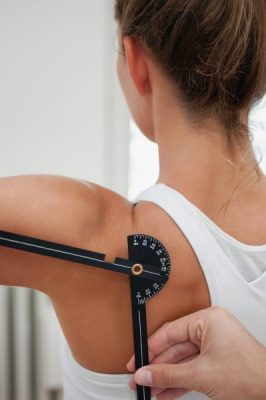
5 ways we can help prevent injury
- Improve mobility and flexibility
- Improve balance and core strength
- Develop proactive strength & endurance training
- Correct movement mechanics & body awareness
- Correct postural and lifestyle components
On-Site or On-field Management
We can help keep your team safe!
If you watch college and professional sports, you see the medical teams they have at the sidelines for the benefit of the athletes. Winning is fun, but safety is critical. Sports Physical Therapists (additionally trained in Concussion management) and Athletic Trainers are vital to the sports medicine team. These professionals are valuable on the field to help with return-to-play decisions as well as on the field concussion assessments and injury evaluation and treatment.
Part of our mission is to work with our communities to ensure athlete safety.
Our team can help cover events for your youth to professional sports athletes!
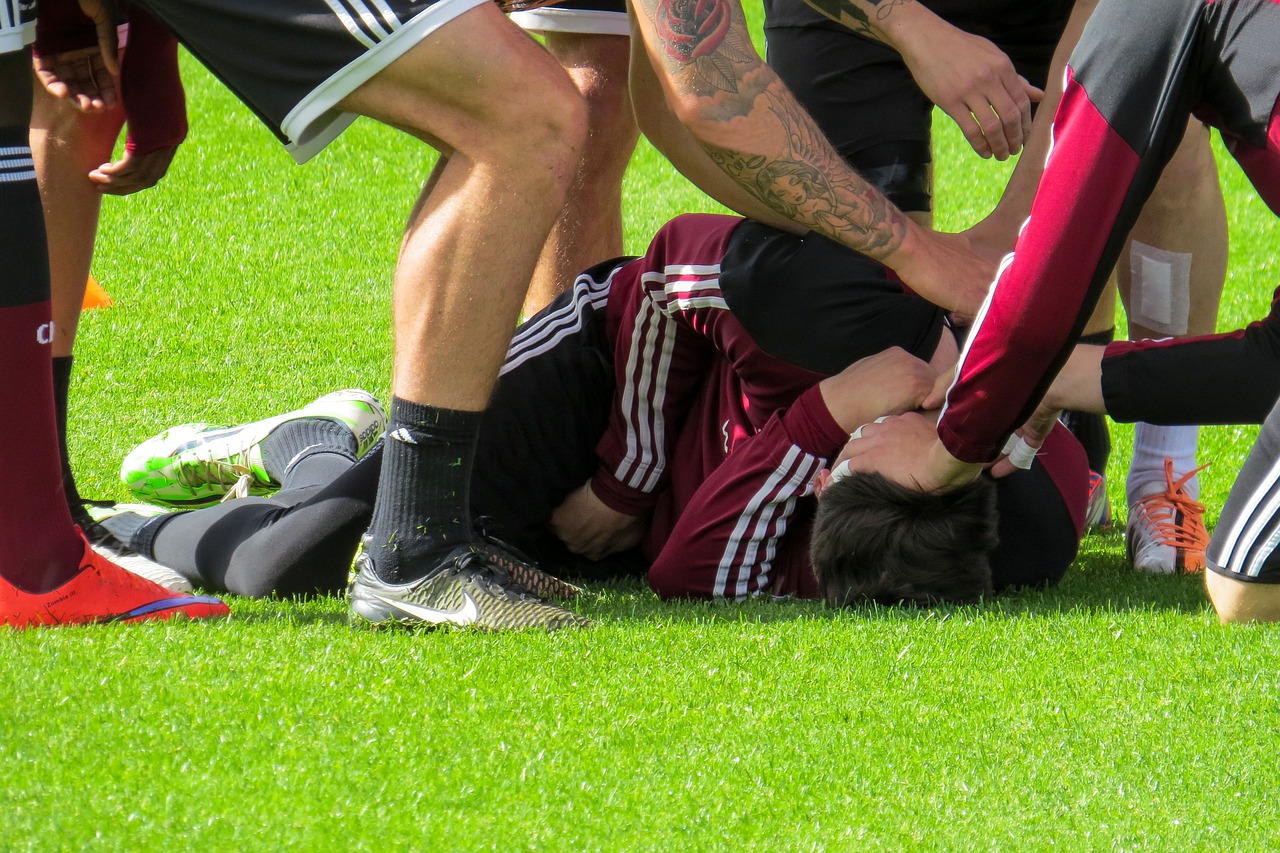
Educational Presentations
Knowledge is power!
Whether you have to educate a group of parents, coaches, or even teachers, we can help!

presentation topics include:
- How Physical Therapy can help treat a concussion
- Importance of baseline testing
- The truth about concussions
- Prevent the injury before they happen

